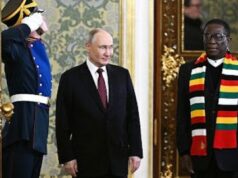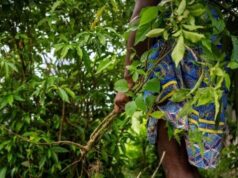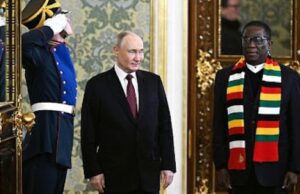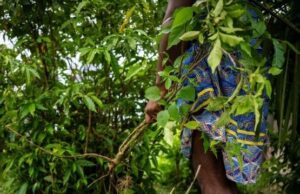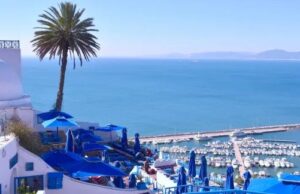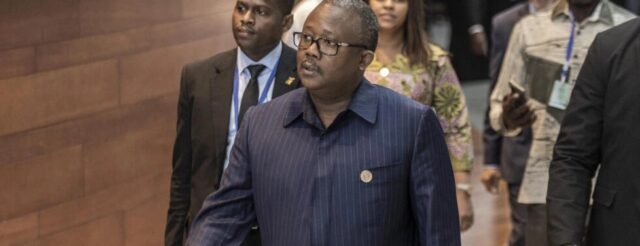
(3 Minutes Read)
In his address at the investiture ceremony, the president said all institutions must be audited, starting with the accounts of the presidency (of the Republic), and underscored that no one should be above the law
Guinea-Bissau’s President Umaro Sissoco Embalo announced the formation of a new government for combating corruption. He has assigned the crucial responsibility of combating corruption to the newly appointed leader Rui Duarte Barros. Importantly, the West African country is in crisis following recent clashes that were dubbed as an attempted coup by the President himself.
In his address at the investiture ceremony, the president said all institutions must be audited, starting with the accounts of the presidency (of the Republic), and underscored that no one should be above the law.
Embalo appointed a new 33-member government made up of 24 ministers and nine secretaries of state, drawn from his camp and the opposition PAI-Terra Ranka coalition, which remains in the majority in the new government team. These new ministers and secretaries of state are due to be sworn in later.
The new Prime Minister, Rui Duarte Barros, was head of a transitional government in the early 2000s, after serving as Finance Minister in the late 1990s. He replaces Geraldo João Martins, who was ousted eight days after being reappointed as head of government. Both leaders are members of the historic PAIGC party, which heads the PAI-Terra Ranka coalition, which won a majority in the National Assembly with 54 of the 102 seats in the parliamentary elections held in early June.
Read Also:
http://trendsnafrica.com/guinea-bissau-calls-for-parliamentary-elections/
http://trendsnafrica.com/guinea-bissau-president-links-failed-coup-attempt-to-drug-mafia/
Martins was reappointed as head of government on 12 December despite the dissolution of the National Assembly by President Embalo following clashes between the National Guard and the army on 1 December, which left at least two people dead in the capital Bissau. The dissolution of parliament calls for legislative elections to be held at an unspecified date. Since its independence from Portugal in 1974, Guinea-Bissau has seen a string of coups or attempted coups.




